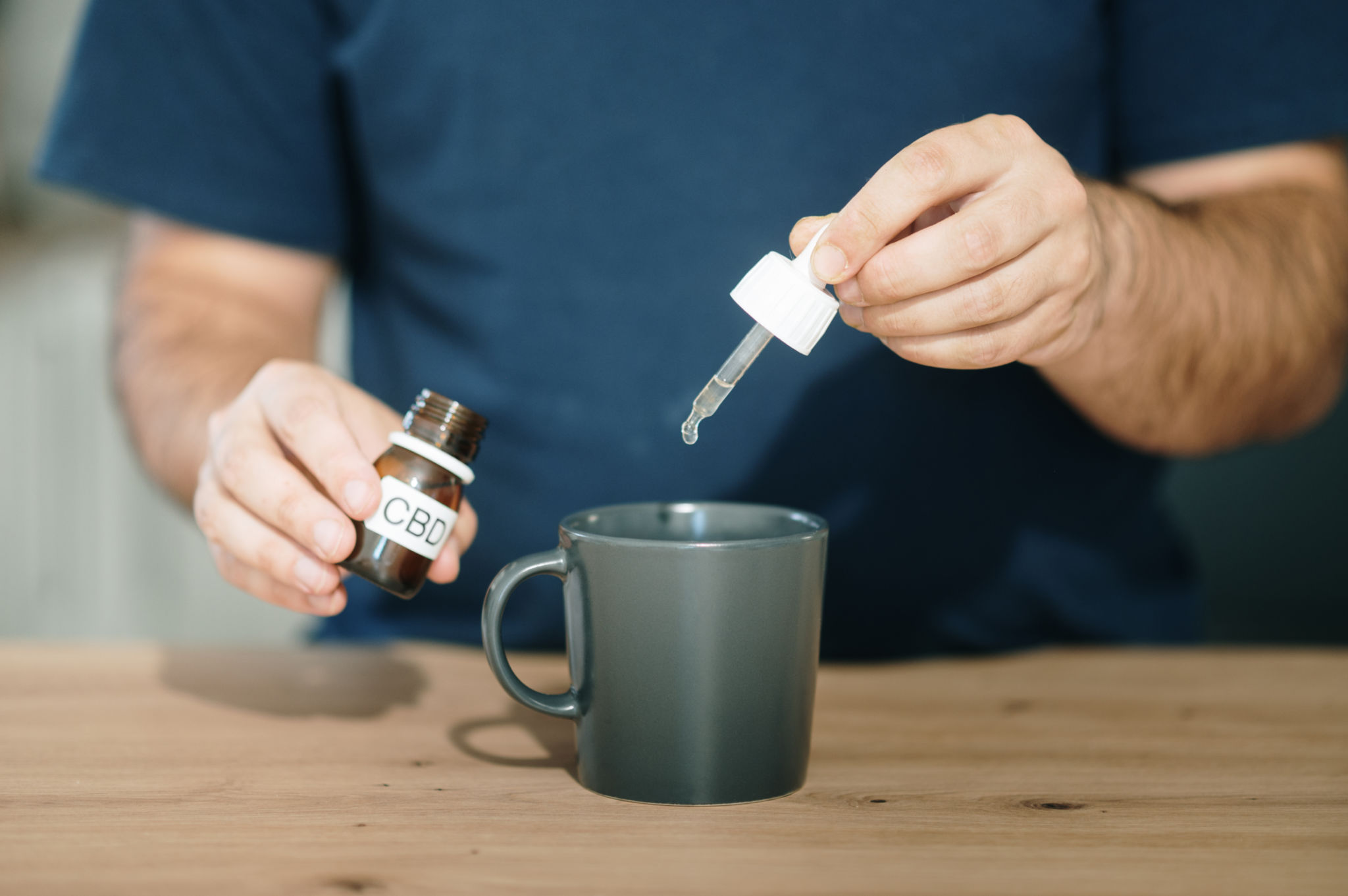Debunking Common Myths About CBD Oil and Its Effects
Understanding CBD Oil
CBD oil has become increasingly popular in recent years, yet there remains a significant amount of misinformation surrounding its use and effects. To help clear up some of the confusion, it's essential to address and debunk common myths about CBD oil.
Myth 1: CBD Oil Gets You High
One of the most pervasive myths is that CBD oil can get you high. It's important to understand that CBD (cannabidiol) is a non-psychoactive compound found in cannabis plants. Unlike THC (tetrahydrocannabinol), which is the main psychoactive compound in marijuana, CBD does not produce any mind-altering effects. This means that using CBD oil will not impair your ability to function or alter your state of mind.

Myth 2: All CBD Products Are the Same
Another common misconception is that all CBD products are identical. In reality, there are various types of CBD products available on the market, each with different concentrations and formulations. For instance, there are full-spectrum, broad-spectrum, and CBD isolate products. Full-spectrum CBD contains all compounds found in the cannabis plant, including small amounts of THC, while broad-spectrum CBD contains multiple cannabinoids but no THC. CBD isolate is the purest form, containing only CBD.
Choosing the right product depends on your individual needs and preferences. It's crucial to research and select high-quality products from reputable manufacturers.
Addressing Health Concerns
Myth 3: CBD Oil Is Illegal
A common concern is the legality of CBD oil. While the legal status of CBD can vary by country and region, in many places, it is legal to purchase and use CBD oil. In the United States, for example, the 2018 Farm Bill legalized the cultivation and sale of hemp-derived CBD products that contain less than 0.3% THC. However, it's always wise to check local laws to ensure compliance.

Myth 4: CBD Oil Has No Scientific Backing
Some people believe that there is no scientific evidence supporting the use of CBD oil. This is not true. Numerous studies have been conducted to explore the potential health benefits of CBD, including its anti-inflammatory, analgesic, and anxiolytic properties. Although research is still ongoing, preliminary findings suggest that CBD may be effective in managing various health conditions such as chronic pain, anxiety, and epilepsy.
Clearing Up Misunderstandings
Myth 5: You Can Overdose on CBD Oil
A prevalent myth is that it's possible to overdose on CBD oil. While it's important to use any supplement responsibly, there have been no documented cases of fatal overdoses from CBD use. Studies suggest that humans can tolerate very high doses of CBD without significant adverse effects. However, it's still recommended to start with a low dose and gradually increase it as needed.

Myth 6: CBD Oil Works Instantly
Finally, there's a misconception that CBD oil provides instant results. While some people may experience immediate relief from symptoms, others might need to use it consistently over several days or weeks before noticing any effects. The time it takes for CBD to work can vary based on factors such as individual body chemistry, dosage, and the method of consumption.
In conclusion, while there are many myths surrounding CBD oil, understanding the facts can help you make informed decisions about its use. By dispelling these misconceptions, you can better appreciate the potential benefits and limitations of this increasingly popular natural remedy.